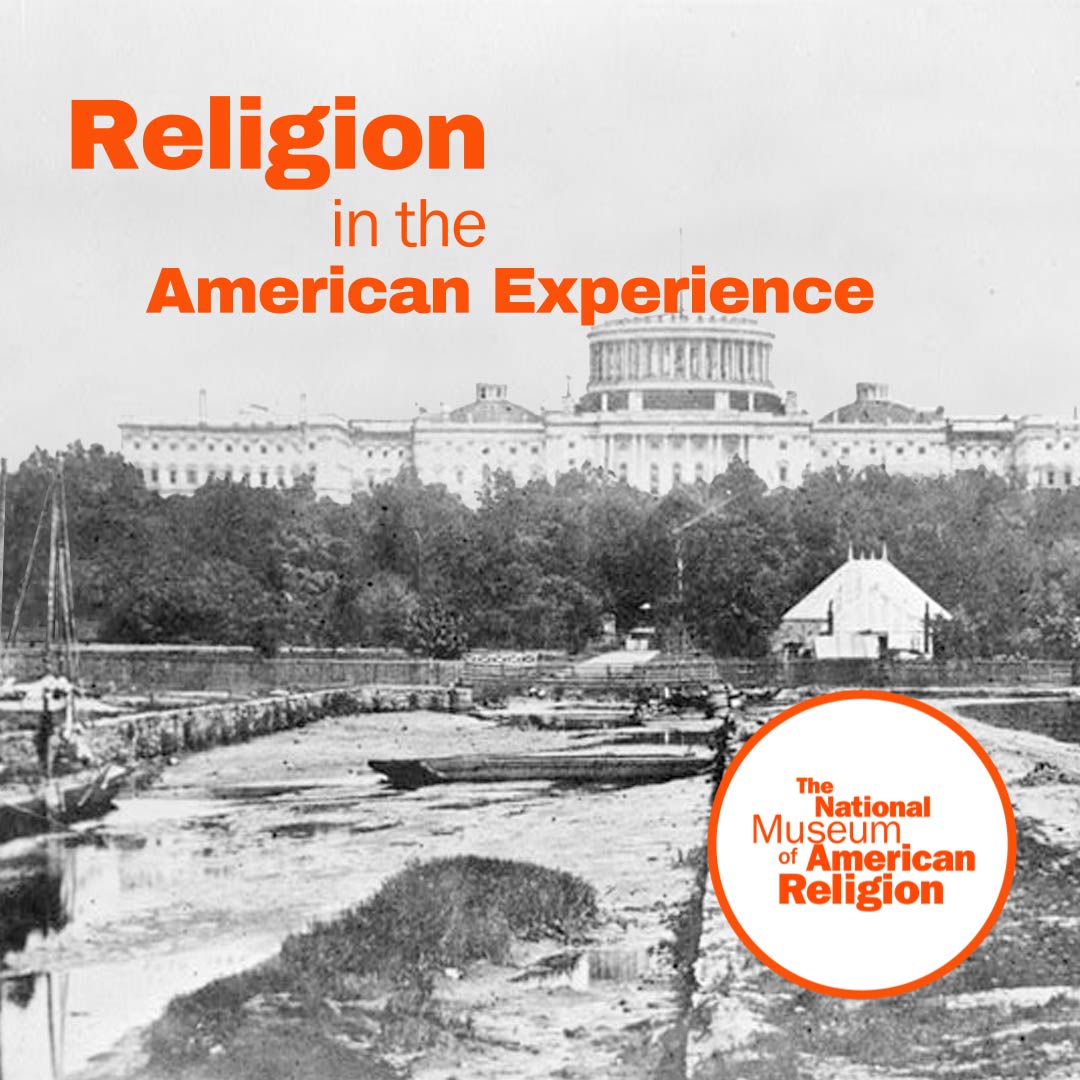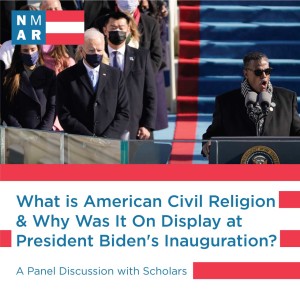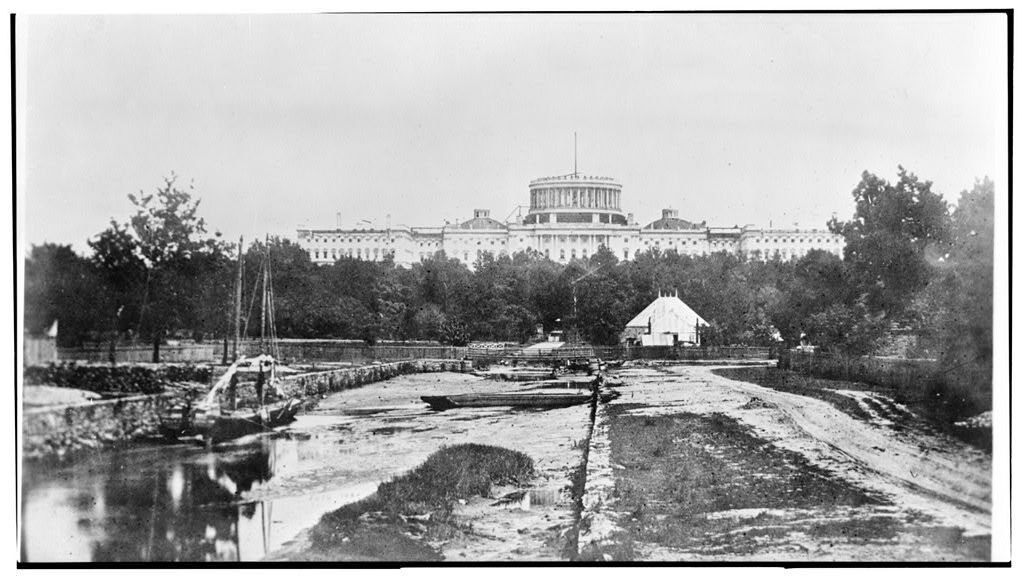
15K
Downloads
70
Episodes
Learning from scholars and every day Americans about what religion has done to America and what America has done to religion, helping all of us better comprehend and perpetuate the American experiment in self-government, including what is perhaps its greatest innovation and the essence of the American project: religious freedom as defined by the Constitution’s Article VI and First Amendment religion clauses.
Episodes

Monday Mar 08, 2021
Monday Mar 08, 2021
It has been noted that religion was prominent at President Joe Biden’s inauguration, as it often is at presidential inaugurations, in traditional ways: the oath of office was taken with the president’s hand on the family bible; the invocation was offered by a Catholic priest, the benediction by an African Methodist Episcopal Church pastor; musical numbers with threads of religion in them, including Amazing Grace, were performed; and Old Testament scripture and God were invoked by President Biden in his address.
Yet, religious tests for public office are banned by the Constitution, America may have no state church, and we are sensitive to the intertwining of government and religion. Adding to that mix, the Pew Research Center reported a few years ago that “the U.S. is steadily becoming less Christian and less religiously observant” AND there is a fully developed idea in the public square, that religion is part of, not a solution to, America’s problems.
“American Civil Religion” (in quotations), the idea that a nonsectarian quasi-religious faith exists within the U.S. with sacred symbols drawn from national history, may be helpful to us at our present moment in American history. We can use it as a lens to view the recent inauguration and our current politics generally, as we participate in the American experiment in self-government, founded 245 years ago, saved 156 years ago, and work to see it successfully extended into the future for ourselves and children.
What are we to think of American Civil Religion? What is its history? What does it mean? How does it motivate us? What are the ramifications? Is it on the upswing or is it fading away? What has it done to us? What does it do to us? How does it drive our behavior, political or otherwise?
Today’s panel consists of four scholars who will help us with these questions:
Dr. Nichole R. Phillips is Associate Professor in the Practice of Sociology of Religion and Culture, Director of the Black Church Studies Program at Emory University; and author of Patriotism Black and White: The Color of American Exceptionalism.
Dr. Philip Gorski is Professor of Sociology at Yale University and author of American Covenant: A History of Civil Religion from the Puritans to the Present
Dr. John Carlson is Associate Professor of Religious Studies at Arizona State University where he directs the Center for the Study of Religion and Conflict. He is co-editor of From Jeremiad to Jihad: Religion, Violence and America.
Dr. Lisa Barnett is Assistant Professor of American Religious History at Phillips Theological Seminary in Tulsa, Oklahoma

No comments yet. Be the first to say something!